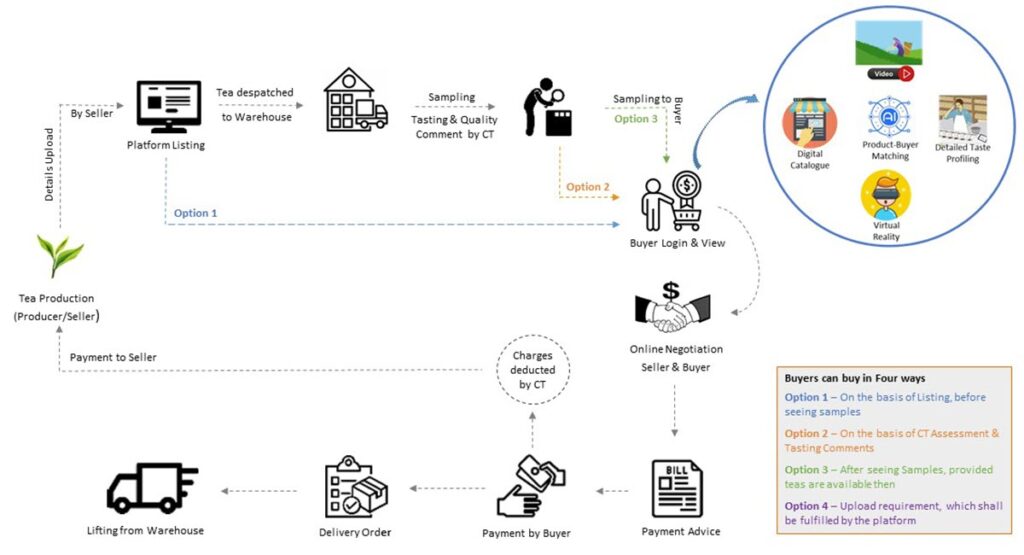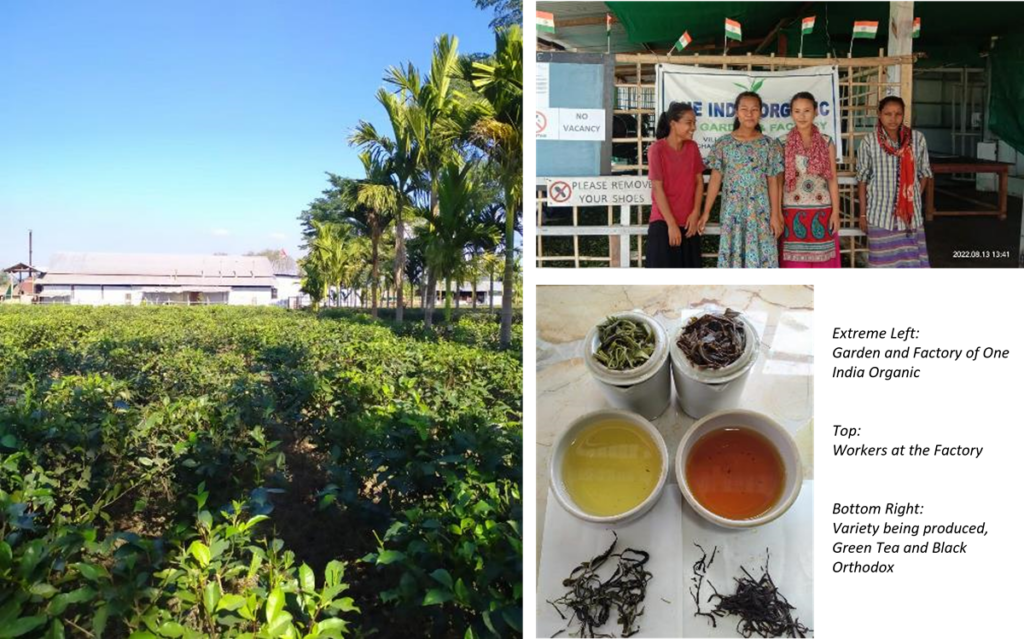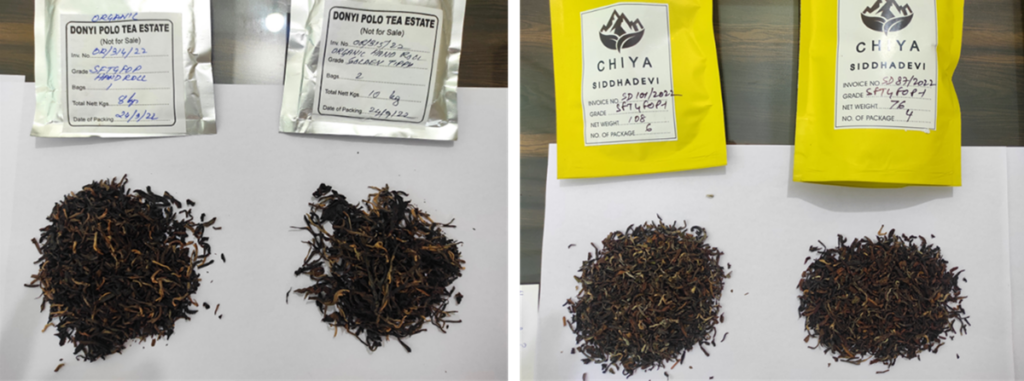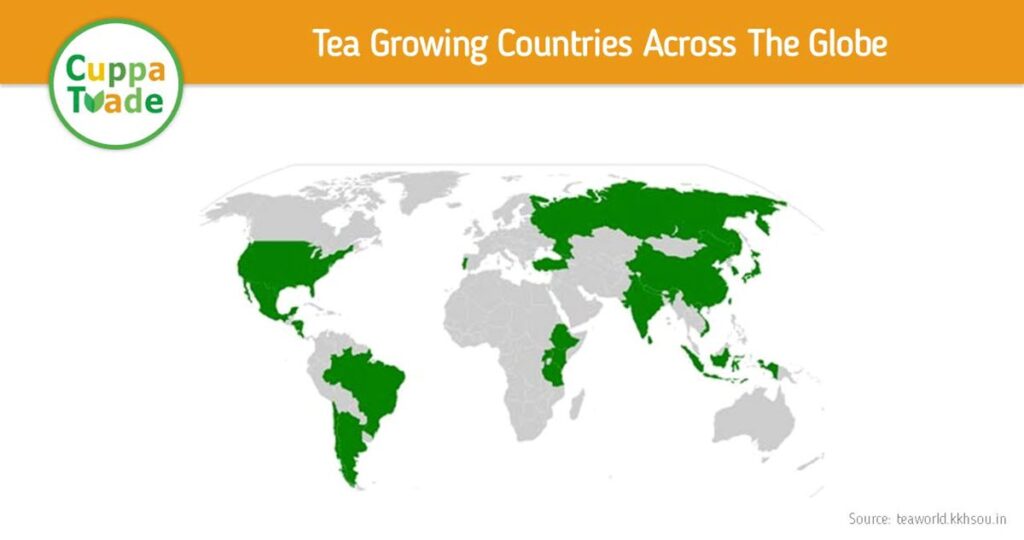Few people know that the cuppa tea they cherish is in trouble.
Every mature industry experiences rising production costs, saturated markets, stagnant prices, and a lack of tech intervention – in tea, the over-dependency on subsidies, risk-averse attitude, complacency, and fear of change add to these troubles.
Other industries have found solutions through innovation (product, material), new technology (cloud, platforms, software), market expansion (exports, new manufacturing hubs), and cost-saving (zero inventory, automation). However, the woes of the tea industry seem bottomless.
One of the reasons for this endless nightmare is that since tea is an old industry, many interest groups further their agenda. Due to a lack of consensus, no single entity – the brokers, tea associations, government bodies – has been bold or creative enough to pull the industry out of this rut or at least lead the way.
The only segment that has made headway are the traders, packeteers, and merchant exporters. They buy low and sell high. That premium never returns to the small tea grower (STG) or producer (STP). Thus, many from that buyer segment, flushed with funds, have bought gardens, opened factories, and turned producers. However, the situation is such that they, too, feel the cost vs. poor price pressure.
The old way of doing business needs to be fixed. The sales cycle is far too long, large buyers have cornered the trade, exports usually go to traditional markets, no transparent mechanism for credit disbursal, and no grading or packaging standards innovation. The list of problems is very long.
The need of the hour is a fresh perspective. Green shoots are emerging. Progressive proprietary garden owners have taken the D2C approach and come out with their brands. They are exploring e-marketplaces like Amazon, Flipkart, and even Facebook or setting up their platform and app. Start-ups are directly working with small tea growers, advising them on best practices, plucking standards, and selling those quality teas to consumers while sharing a portion of the premium with the STGs. Many retail start-ups have cropped up and helped the industry by increasing consumption. Taking inspiration from the start-up culture, a few of the old-school plantation agencies have also forayed into tea bars and lounges. And there’s been a gradual shift from regulated auction platforms to private sales. In India, around 55% of total production is sold privately; the rest is through auctions. Private sales will keep growing in the future.
CuppaTrade (CT) is one platform that holistically addresses the industry’s problems. It’s a global B2B marketplace focusing on the entire ecosystem, not just bulk tea. It’s an India-based start-up with global ambitions. Within a short time, many producers across India, Nepal, and even Vietnam have found value in this marketplace. Their buyer base is increasing by 300% every month. The immediate benefit for the producer is that their tea is seen by the whole world and does not remain restricted to just a particular region.
One of the core values of CT is speed. Speed in the transaction process. Speed in arriving at a solution and execution. Speed in customer service and dispute resolution. Speed in listening to stakeholders and introducing value adds. This approach has brought down the traditional sales cycle by 75%. Here, the STPs can list the tea directly from the garden or factory and start receiving interest from buyers who know the ‘Mark’ and do not want to wait to see the samples. Buyers can also buy based on CT’s assessment of quality and cup. Provision is also there for buyers who wish to see the samples first before showing interest.
On the other hand, if a buyer has an urgent requirement, she may post the details on the platform, and CT fulfills the same. These features are being offered for the first time in the tea industry through a digital platform. This brings convenience and pace to one’s fingertips.

CT believes small is beautiful. Small is hopeful. The growing segment of small tea producers (STP) makes a huge variety but needs more means and connections to showcase these teas to a large audience. They are hungry and take quick initiative. They listen and act fast. Thus, it’s a pleasure to work with them.

On the other hand, many buyers do not know so much variety exists at several price points simply because no platform or entity has exposed the small tea buyers (STB) to such teas. CT is bridging this gap. The marketplace connects the STP with STB directly. Without any middlemen, the STP enjoys a price premium, and the procurement cost decreases drastically for STB.

Traceability is a huge issue in international markets, where mostly blended tea is sold. The buyer needs more knowledge of whether teas are ethically sourced following correct GI norms. With Blockchain and AR, CT brings the manufacturing units closer to the buyers and provides authentic teas with full disclosure.
Another crucial problem is working capital, both for producers and buyers. CT resolves this issue with a tie-up with financial institutions. STPs are paid a portion of the total tea value as an advance as soon as the CT team inspects the invoiced teas. The rest of the value is paid after the teas are sold. The credit facility is also given to vintage buyers. This is an interesting space that financial institutions can explore further through either Bill Discounting or introducing long-term bonds based on the sold invoices. These bonds could be sold in rich consuming markets like Europe, the US, Middle East. In addition, a portion may be reserved for the stakeholders at a discounted rate so that they have an opportunity to earn secure, healthy profits after the completion of the tenure. This will also result in good behavior and increase stickiness to the platform.
It is high time that we explore non-traditional international markets. For example, Iran buys loads of orthodox tea; however, due to US sanctions has an issue with payments. In such a scenario, Dubai or UAE can be developed as an ‘export hub’ for that region. While tea is directly delivered to the destination countries, payment comes from a secure source like Dubai. Similarly, Canada, Australia, the US, and South-East Asia must be exposed to quality tea, not the tea-bag variety, but the robust, malty Assam or the fragrant, sweet Nepal. This calls for constant interaction, regular seller-buyer meets, a collaborative approach through country-specific associations, and a non-biased platform that gently binds stakeholders with the proper process and technology, addressing everyone’s needs.

Many innovative approaches are required to take the industry to the next level. Cuppa Trade is doing its bit. Going by the initial response shown by the stakeholders, CT seems to be heading in the right direction.
Tea is a unique beverage. It’s entrenched in our lives. Its longevity is safe. However, as in any Agri commodity, the farmers’ prosperity and sustainability are paramount. Therefore, the tea grower and producer must be paid well before her sweat dries.
And whatever minutes it took you to read this article, know that globally, about 25,000 cups of tea are consumed every second. Every second. Maybe you also enjoyed a cuppa during this time. That’s the magic of this beverage. It’s huge, and it’s unifying.
Related: Q|A Sandip Thapa by Aravinda Anantharaman




“Many innovative approaches are required to take the industry to the next level. Cuppa Trade is doing its bit. Going by the initial response shown by the stakeholders, CT seems to be heading in the right direction.”
– Sandip Thapa
Link to share this post with your colleagues
Signup and receive Tea Biz weekly in your inbox.




One response to “Turn Over a New Leaf”
Well explained and insightful blog. Wish you luck in taking this to a new level.